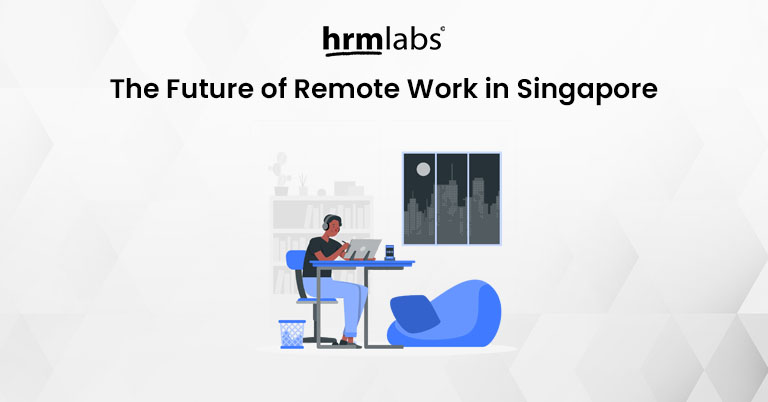The concept of remote work has rapidly evolved in recent years, particularly accelerated by the global pandemic. In Singapore, where the traditional office culture has been deeply ingrained, the shift towards remote work has opened new future possibilities for businesses and employees alike.
As we look to the future, it’s clear that remote work is more than just a temporary solution; it’s a lasting transformation that is reshaping the workplace landscape in Singapore.
Let’s explore the future of remote work in Singapore, examining the trends, benefits, challenges, and how young business owners can adapt to this new era.
The Hybrid Model: A New Norm?
The traditional nine-to-five office job is evolving. A hybrid model, combining remote and in-office work, is gaining traction. This approach offers a balance between the benefits of remote work — flexibility, work-life balance, and reduced overheads — and the value of in-person collaboration and company culture.
Challenges and Opportunities
While remote work offers numerous advantages, it also presents challenges. Managing team dynamics, ensuring productivity, and maintaining company culture in a dispersed workforce require careful planning. However, it also opens doors to a global talent pool and potential cost savings.
Technology: The Enabler
Technology is the backbone of remote work. Tools like video conferencing, project management software, and cloud-based systems are essential for seamless collaboration. Investing in robust technology infrastructure is crucial for businesses embracing remote work.
Employee Well-being and Productivity
Remote work can impact employee well-being. It’s essential to prioritize mental health, establish clear boundaries, and encourage regular breaks. Additionally, setting clear expectations and goals can boost productivity.
The Singaporean Context
Singapore, known for its pro-business environment, is adapting to the remote work trend. The government has introduced measures to support businesses in transitioning to remote work, such as providing grants for digitalization. However, challenges like limited space and high living costs might influence the adoption rate.
Future Trends
The future of remote work in Singapore is likely to involve:
- Increased flexibility: Employers will offer more flexible work arrangements to attract and retain talent.
- Digital transformation: Businesses will continue to invest in technology to support remote work.
- Talent acquisition expansion: Companies can tap into a global talent pool.
- Reimagined office spaces: Physical offices will evolve into collaborative hubs for teamwork and innovation.
The Role of Government
The Singapore government plays a crucial role in shaping the future of remote work. By providing clear guidelines, supporting infrastructure, and fostering a conducive environment, the government can accelerate the adoption of remote work while mitigating potential challenges.
Conslusion
In conclusion, remote work is here to stay. Embracing this trend requires a strategic approach that balances the needs of the business and employees. By addressing challenges and leveraging opportunities, Singapore can become a leading hub for remote work in the region.



